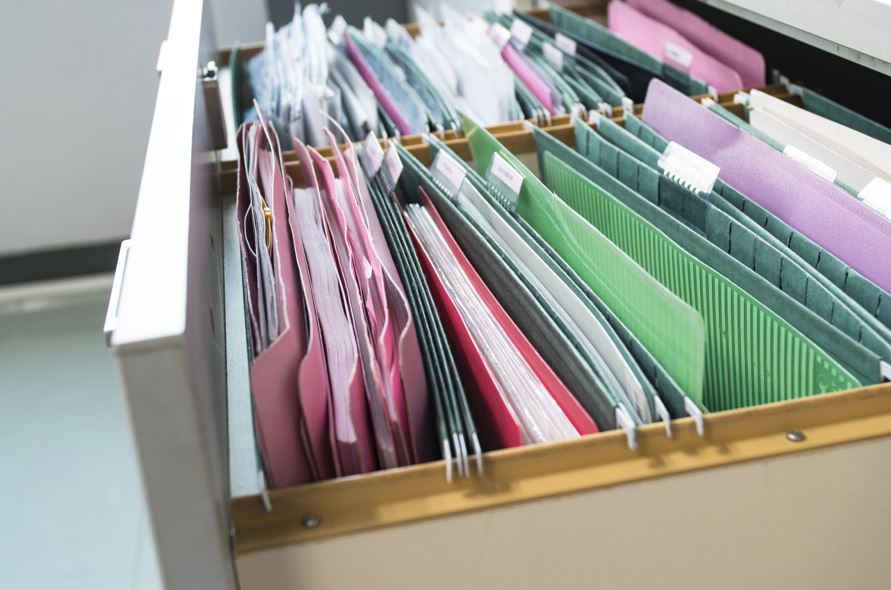
My mother was a neat and organized woman. Once a year she took the time to sort through “important papers”, keeping those that were still relevant and tossing those that were outdated. She would also write out an inventory of her valued possessions and their current location. These inventive hiding spots included a coffee pot, a small tin box hidden behind the bath tub, and an oatmeal container on the bottom shelf of our pantry.
When she was done, she would record everything in a letter that she would send to me, her only child. I received the first one when I was a freshman in college. The letter included specific, step-by-step instructions about what I should do if either she or my father died. My mother liked tidiness, even in death.
Every year when I received this letter, I would sigh, roll my eyes and toss it into a drawer, just in case. At the time, I saw this as just another way for my mom to exercise her need to control my life.
Now that I’m older, I can see that this annual letter was an act of love. My mother wanted to leave the least possible mess for me to clean up, and she wanted me to feel confident in carrying out her wishes for how her death should be handled, even if others in her very large family might disagree.
I inherited some of my mother’s traits, in that I have very specific ideas about what I do and do not want as part of my own dying process. And I also want to leave a neat package of instructions for those who survive me. But what’s the best way to accomplish that in our age of complex finances, electronic access and papers galore?
Relying on paper files seems a little dicey. It also ignores the possible advantages of the available technology. If I were to be injured in a car accident, for example, how would medical staff know that I didn’t want resuscitation unless I carried my health care directive with me at all times? If I died without being able to prepare beforehand, would my survivors remember that I do not want to be buried under any circumstances? And who would update my Facebook status?
When I updated my Android phone a couple of years ago, I loaded a neat little ap (also available for iphones) called My Health Care Wishes. Developed by the American Bar Association, it allows you to upload copies of your health care directives, power of attorney forms and will. It also gives you a place to store information on emergency contacts, primary care doctors and specialists, medical conditions and drugs. I felt freer after entering all the information and saving it there.
I’m now considering going to the next level and have been exploring options for capturing more of my important documents and information. There’s an interesting new cloud storage site called Everplans that provides an interactive template that guides you through the process of recording all of the information your survivors might need in the event of your untimely passing. This platform even gives you a place to record instructions about who should take charge of any pets you leave behind.
There are various “digital vaults” out there that provide secure storage (if such a thing actually exists in our current environment) for all types of files and photos. Likewise, there are many choices for keeping your online passwords and access PINs under control. Simple google searches will present you with lots and lots of products to consider.
I’m not totally convinced yet that any of these electronic choices are superior to a careful and well-prepared paper inventory and summary that is updated annually. For help in preparing a comprehensive paper plan, take a look at The ABA Checklist for Family Heirs by Sally Hume, or What If …Workbook by Gwen Morgan.
There’s a million methods out there for giving your family and loved ones the gift of a well-prepared and orderly death. Pick one, use it and make sure that people know it exists. Then you can file it away with a clear conscience until next year!
Blog by Holly Deni
